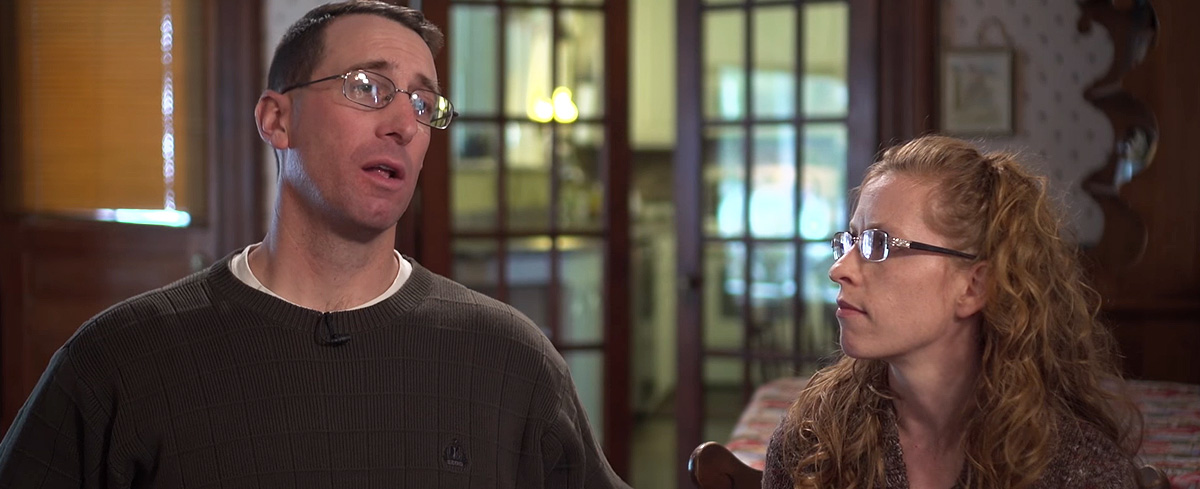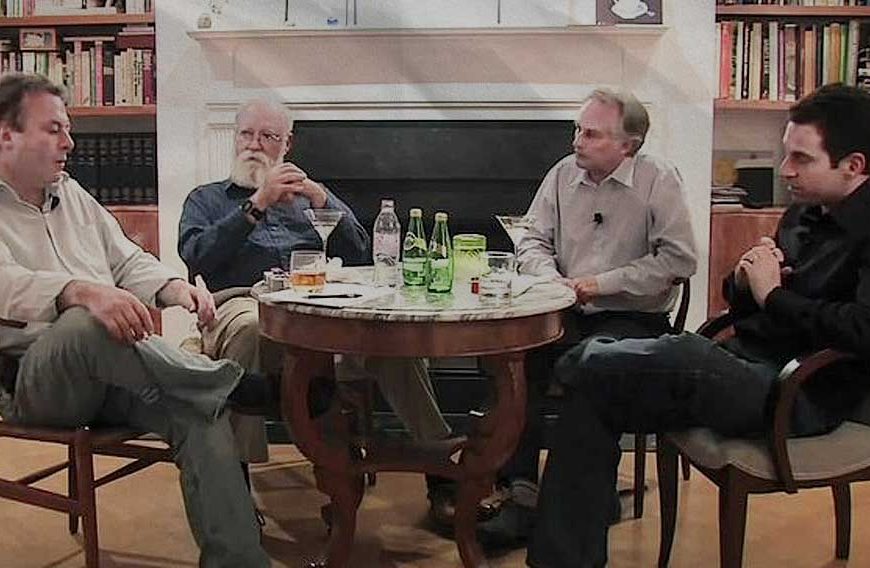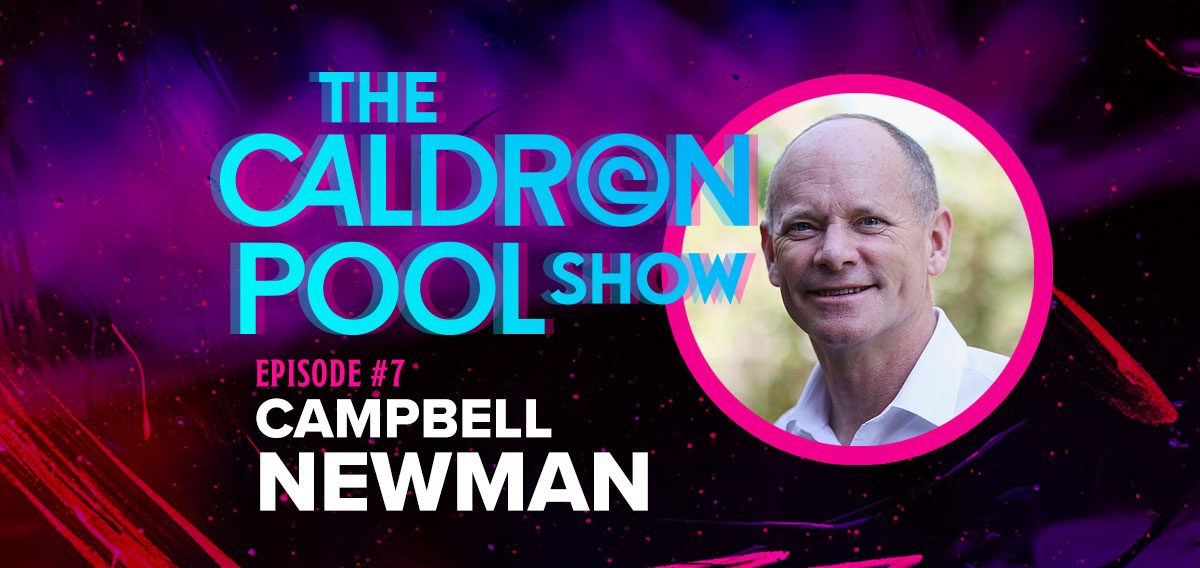Positive advances in communications technology drive the functionality of information. Its delivery is like a viaduct.
Information is carried along at a fast pace. Which means that we find ourselves living in an era of information deluge. Words, thoughts and opinions rain down on us from everywhere.
In this downpour, writers can be too easily tempted to reach for the fastest way to keep people reading their work. However, putting something together that’s worth a reader’s time, takes time.
In this environment, writing can be hard. Gimmicks and stunts; shock and awe, are all potential roads writers can go down.Simply because time poor people need fast facts, fast entertainment and fast news.
Selling drama buys sympathy, or in this day and age, at least a like, share or a twenty-four hour hashtag trend, triggered by a bubbly questionable logic that says, “Like, wow! hashtag riots really do make a difference.”
It’s safe to say that we now live in a tabloid age. Words are thrown like darts at constructed targets of opportunity. For instance, people comment in ways they never would if the conversation they were part of was held face to face in a physical public forum. We would be hard-pressed to find someone who doesn’t have that one “friend” on social media, who always seems to take their own level of intelligence more seriously than others.
Think of the beauty and vibrancy of the democratic process presently underway in Australia. The same-sex marriage debate is misrepresented as a circus; a waste of money and time. Partly because, no doubt, some of it is.
As a result of this debate, however, we are shown the vibrancy of the Australian democratic process. It mustn’t be overlooked. Even if the beauty of it is pushed to the sidelines. For sure, the system is in need of some reform. But guess what? Review and reforms are part of adult life. They’re also a chief reason for why democracies still exist.
For the most part, the gratitude that should stem from an awareness of what we still have, is subsumed by a deep anxiety about what we’re told the other side wants to take from us.
As a consequence, thankfulness for having such responsible freedoms and a responsibility to uphold those responsible freedoms, becomes pretty much non-existent. Apathy and abdication from the democratic process soon follows.
The danger of this is self-evident: If the people aren’t interested in Governments, Governments will govern outside the interests of the people.
Like writing, good democracy takes time and effort. Participation in a physical public forum requires planning. It involves preparing beforehand what you are going to ask, say or discuss. Unlike the ersatz community of the virtual realm, decorum and respect, in the presence of others trumps the temptation to make off the cuff comments. These comments online are designed to impress and deceive. They perform a duty, not to the community involved in that forum, but to the ego of the person commenting.
Commenting online is easy. But, words in this environment tend to have no real benefit, outside serving the owner’s ego and those who applaud him. Such as his followers or friends who rejoice upon seeing a target hit by a cheap shot.
As a result, words are reduced to noise. This noise is amplified by the commerce of Social Media and the superficial, transactional relationships upheld by it. Vanity metrics rules the debate, not a fair and democratic exchange. Which is why the mechanic [for the sake of the bottom line] is programmed to sell an idea of community as if it’s the real thing.
“Sad it is, when men [and women] stupefy their understandings with strong doses of their private [self] Interest, as to become insensible of the Public’s.”1
This is something foreseen in the lamentations of Jean Bethke Elshtain,2 who, not without her critics, acknowledged in 1995 and later, in 2012, that the trajectory of technology, empowers mobs via technology, to hinder participation in the democratic process.
For Elshtain, the inevitable outcome is the decline of democratic debate. The hindering of authentic participation is the hindering of democracy. Of which there now exists numerous examples, such as the defamation of “no” voters.
As Elshtain noted, “we often hear more about the folly of the right, than we do of the left.”3
Cynicism abounds. Responsible commentary is paralysed by the attraction of sensationalism.
Under the dark smile of Machiavellian logic, certain elements, through a facade of compassion seek dominance, if not total rule. Fear of offending others is utilised by the few to control the many.
We can begin to fix this by seeing that our reliance on technology cannot replace the need for careful comment and face to face interaction.
Being physically present and visible in the democratic forum upholds the democratic forum. It is the rock of genuine relationship. All of which requires communication – the respect for representation, convention, conversation, and planning; elements that not only contribute to the idea of democracy, but are part of the very fabric of real democracy.
Democracy takes time. It means wading through the hard stuff. Asking the difficult questions and then allowing room for those questions to be answered. If the way forward for democracy is to be taken seriously, it cannot begin with the mob, its unrestrained fury, facade of compassion, its hysteria or unruly anxiety. It begins with deep gratitude and a respect for the democratic process, which includes room for debate, freedom of religion, freedom of speech and freedom of association.
As an American friend said to me a few weeks ago: “Well, at least we still get to vote on something.”
References:
- Penn, W. 1644 – 1718, The Political Writings of William Penn, Liberty Fund, Inc.
- Elshtain, J.B, 1995 Democracy on trial, (Amazon)
- State of Democracy: Maxwell School of Syracuse University Lecture 2012 (Source)





















